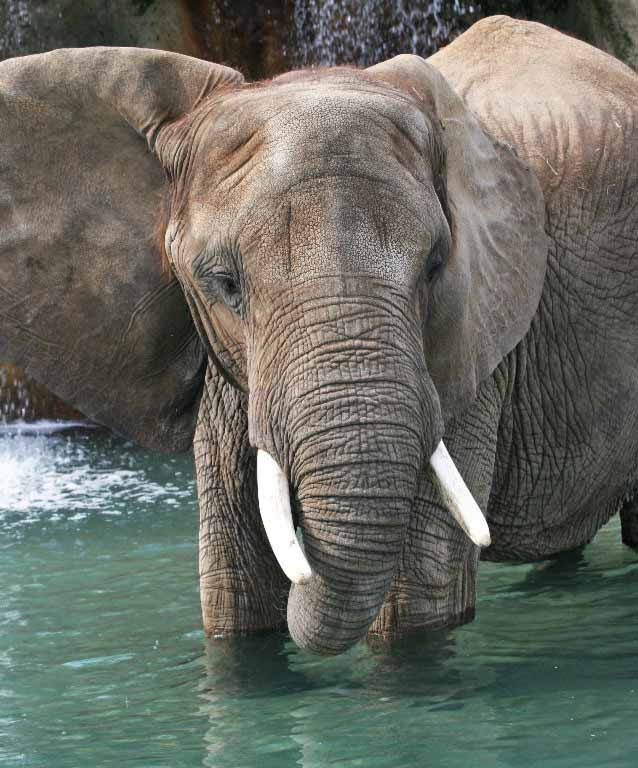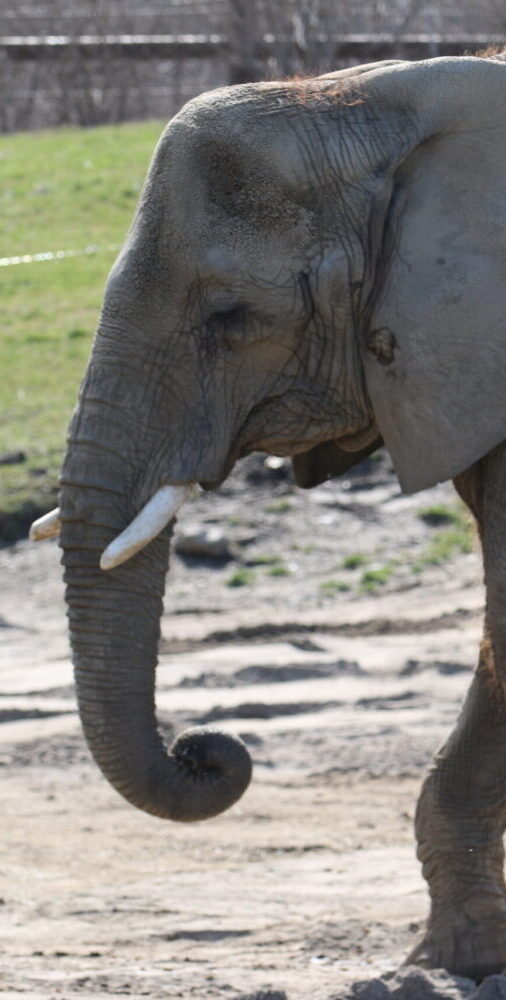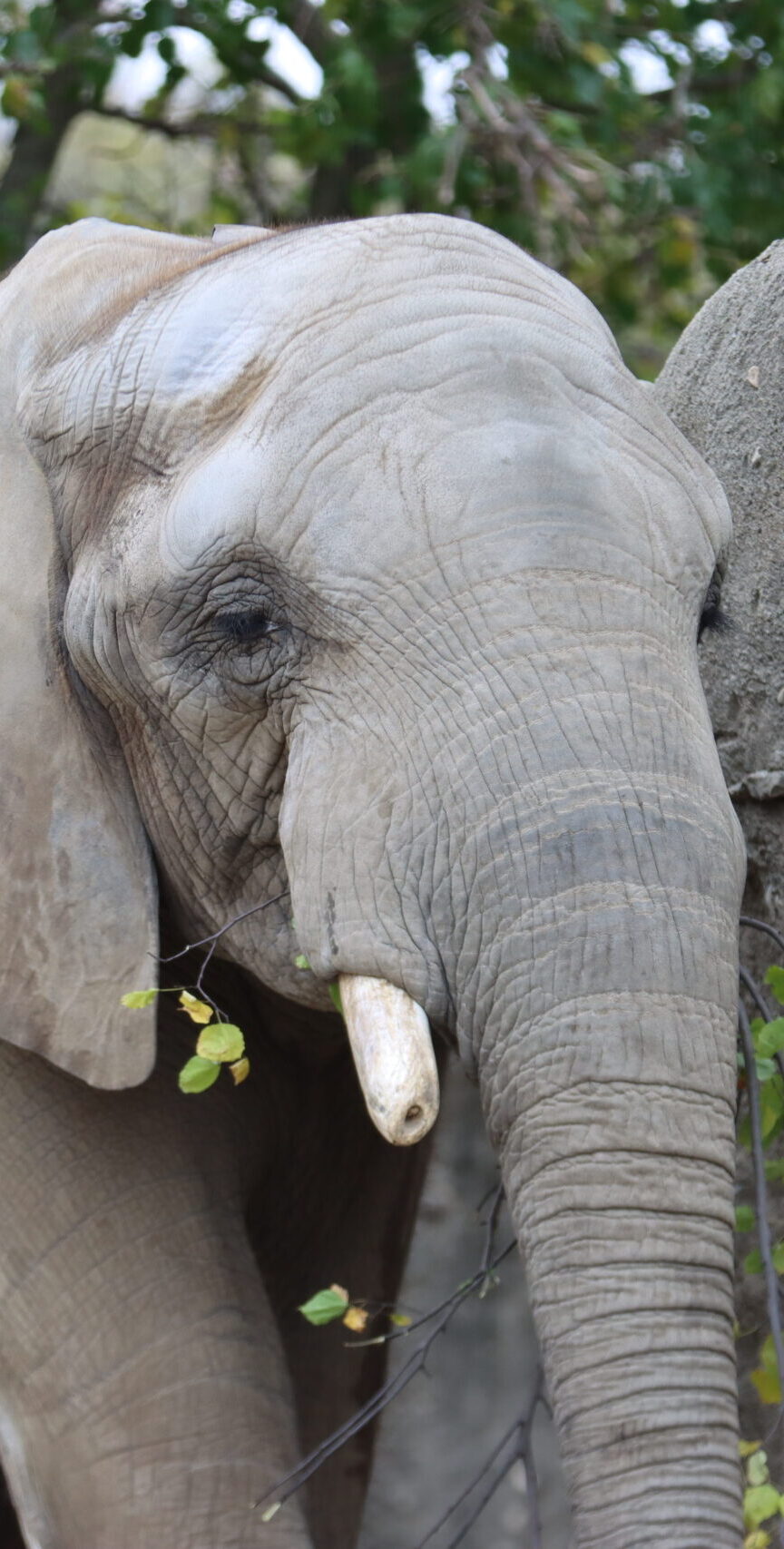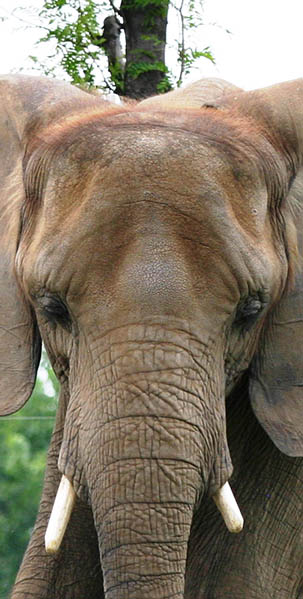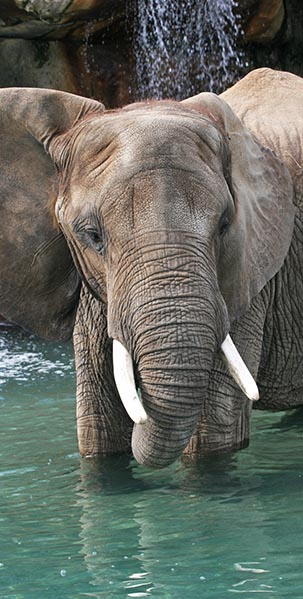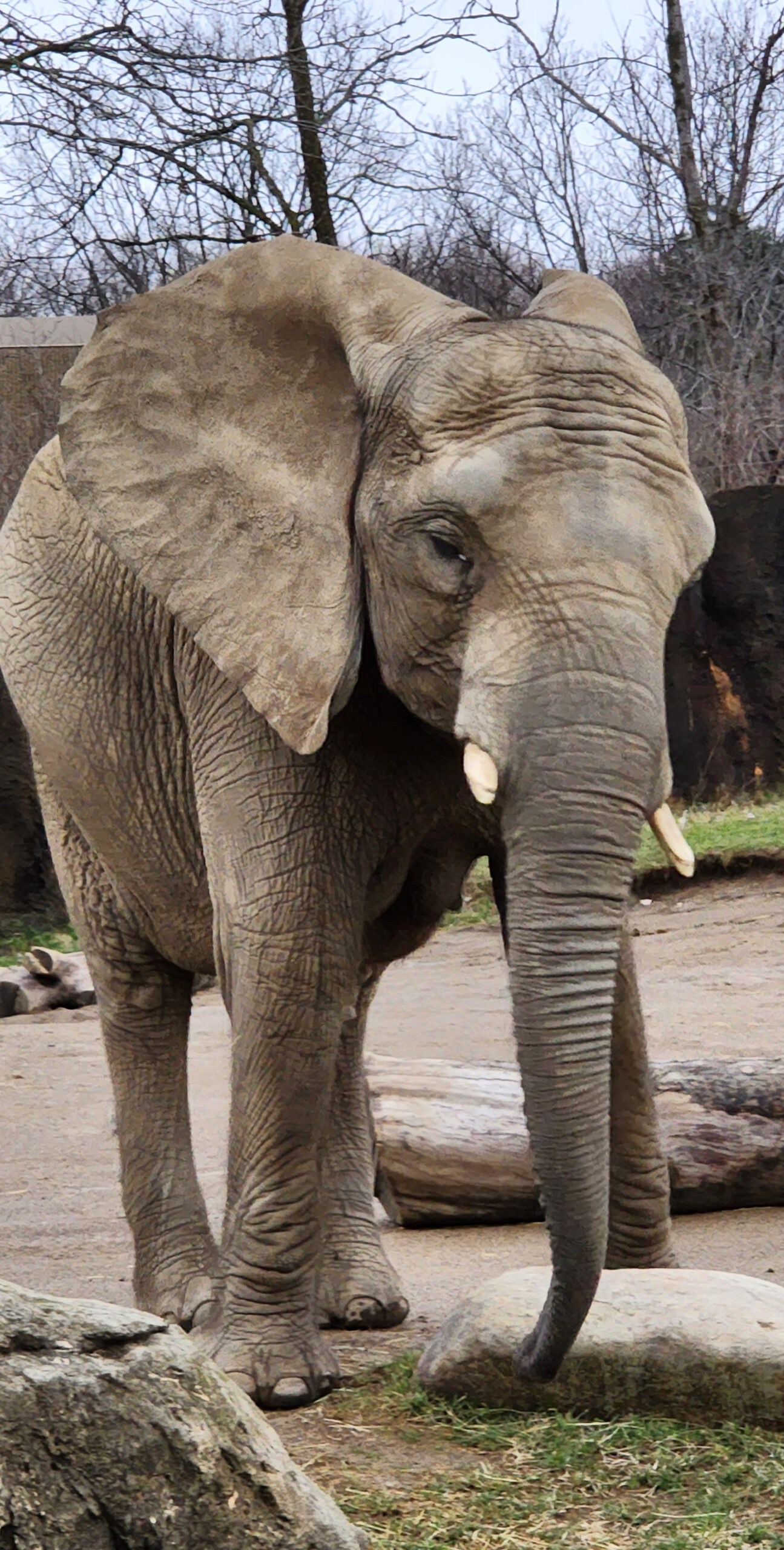TARANGIRE ELEPHANT PROJECT
For Dr. Charles Foley, Director of the Tarangire Elephant Project, few countries in the world can match Tanzania
for its diversity of wildlife. That's a key reason he and his wife, Lara, manager of the Project, have spent the
last 25 years living and conducting research in the Tarangire ecosystem.
Since 2007, the Indianapolis Zoo has provided annual support for the Tarangire Elephant Project and the Foleys’ efforts
to conserve elephants and their habitat. Charles, Lara and their two young daughters follow the lives of more than
1,000 elephants within 32 family groups.
One of the Tarangire Elephant Project’s major purposes is to protect migration corridors and dispersal areas — areas
outside the national park where elephants move seasonally. These protected grasslands are a critical food source
for wildlife as well as for the local community’s livestock. Free access to these areas for all of the species
in the national park is essential for their continued conservation.
Despite poaching in other parts of Africa, Charles said the Tarangire elephants continue to thrive, with the local
population estimated at about 4,200.
In 2016, funds also supported the start of a new program — the Ruaha Katavi Corridor expansion.
With attention given to the vast areas of woodland stretching between Ruaha National Park and Katavi National Park,
the Foleys help ensure those populations are protected from both the pressures of poaching and habitat loss. With
the parks more than 130 miles apart, focused efforts influence what may be not only the longest elephant corridor
in East Africa, but one of the longest migration paths in the world.
All Conservation Efforts
